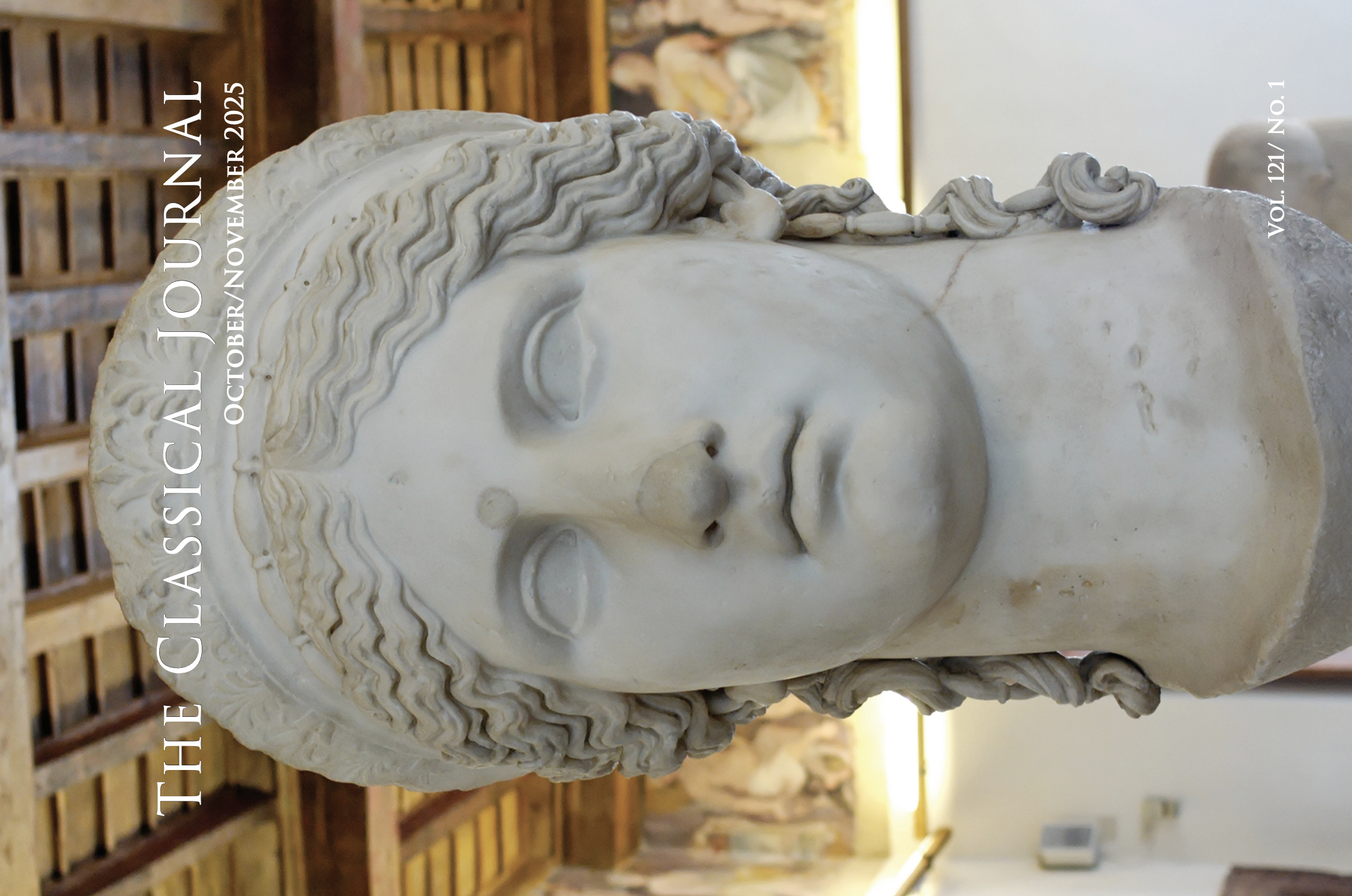The following articles are contained in CJ
105.4
Abstracts of Articles
RELATIVE CHRONOLOGY WITHIN (AN) ORAL TRADITION
The glottochronometric work of Richard Janko has had a profound impact on the question of archaic Greek epic language and chronology. The assumptions, however, on which his method is based do not withstand scrutiny. This paper explores some systematic problems in Janko's analysis, and uses the Homeric Hymn to Aphrodite as a specific example to illustrate the difficulty of ascribing linguistic variation among early Greek songs to chronology.
SICILIAN TYRANTS AND THEIR VICTORIOUS BROTHERS I: THE EMMENIDS
In this two-part article I analyze six passages in which Pindar and Bakchylides praise the victor's successful brother(s) (Pi. P. 6.44-54; O. 2.46-51; I. 2.23-9; P. 1.71-80; B. 5.31-6; 3.17-19). The indirectness of the praise indicates that the laudandus or patron of a poem tolerated praise of a sibling only if it was subordinated to his own praise and enhanced his own prestige and that of the oikos. Part I analyzes poems for the Emmenids.
THE IMPORTANCE OF BEING JULIA: CIVIL WAR, HISTORICAL REVISION AND THE MUTABLE PAST IN LUCAN'S PHARSALIA
In the Pharsalia, Lucan presents two radically different versions of Julia, daughter of Julius Caesar and wife of Pompey. These reveal her as a touchstone of Lucan's concern with interpretations of the civil war, with the power of the poet to complicate historical judgment, and with the overall theme of cosmic chaos.


